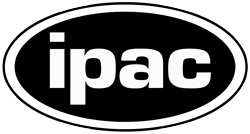The Cycle 1 Call for Proposals is open! It marks the first opportunity to submit proposals to conduct scientific investigations with Roman’s Wide Field Instrument (WFI). Read more here.
The ROTAC report on the Roman Core Community and General Astrophysics Surveys is available, including slides and video of a presentation of the report. More information can be found at the Roman Community Forum page.
Join the Roman Science Collaboration!

